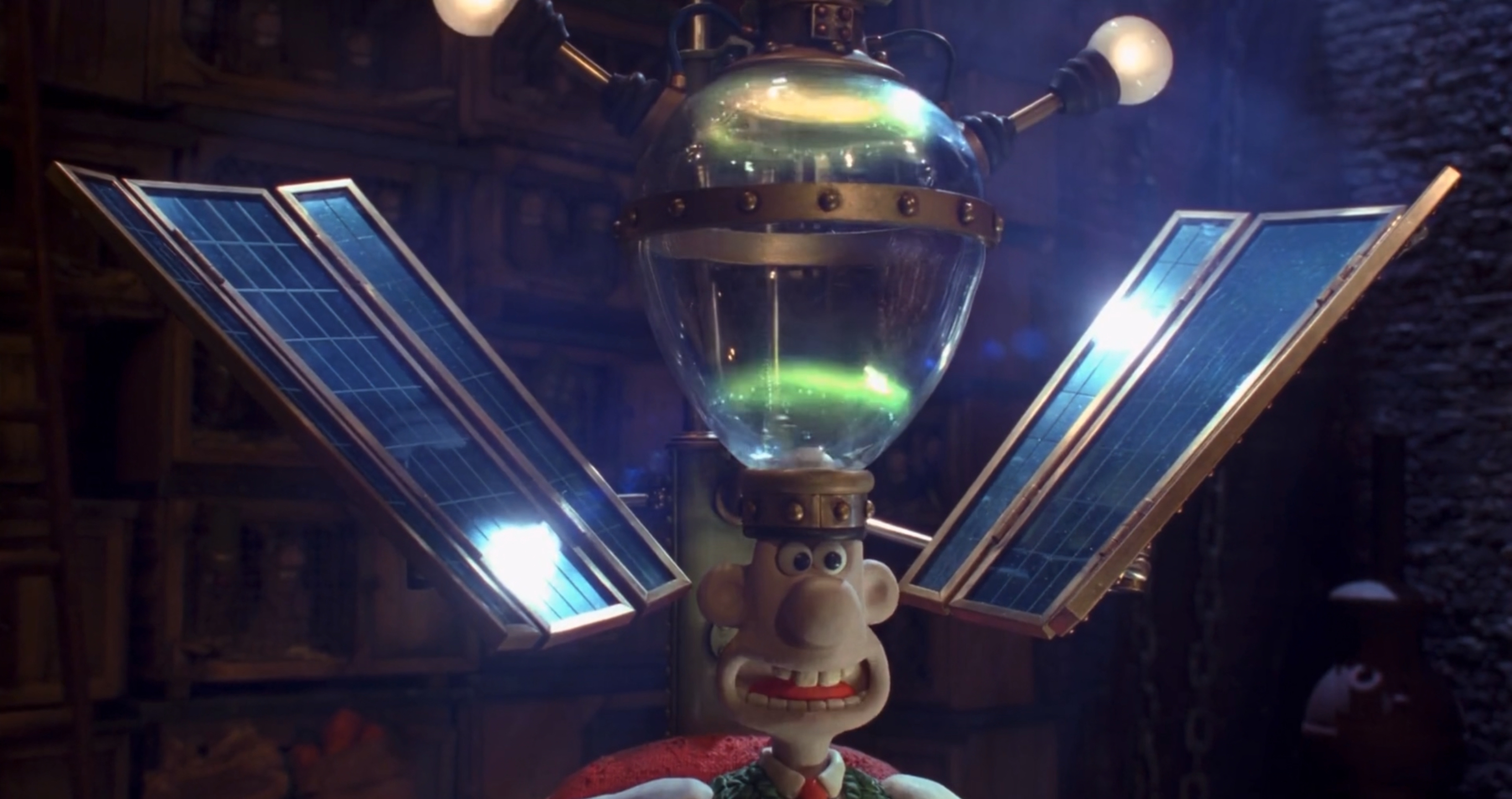Just over a week ago, an ancient honey locust tree was badly damaged in a storm. No ordinary tree, this: it was one of a dozen “witness trees” remaining at Gettysburg, under whose branches Union soldiers rested during the battle, and under whose shade the crowd came to hear Lincoln make his famous address some months later.
Last week, my family lost one of our witness trees. My nana’s elder brother, my first son’s namesake, Uncle Jim, James Murphy NZD1188, Chief Petty Officer of the Royal New Zealand Navy, in his ninety-eighth year.
He was ready to go, wanted to be with his beloved Nora and their first child who died as an infant. A strong, hard-working man who lived in his own house with his faithful cat until well into his nineties, he had suddenly become frail and dependent, and he wasn’t best pleased about that. In his last years he was always apologizing for being so weak.
As my mum put it, he wanted to go, but his strong heart just wouldn’t give up.
I have a black and white photo of him as a boy, taken on the porch of the live-in police station in Christchurch that the family had moved to after a first posting in Bluff. He’s an upright young fellow in a scratchy-looking suit, gazing frankly into the camera lens with the faintest ghost of a smile. It’s the same smile that hovers over my older son’s face when he’s just about to tell an enormous fib, lift the lid on a significant secret, or just share an old joke.
Jim joined the Royal Navy at twenty-two as an engineer, and was appointed to the rank of engine room artificer, fifth class. When war broke out, he served on the HMS Leander, an Achilles-class cruiser, escorting troop ships through the Middle East to England. The Leander stuck around in Egypt for a while, where its duties included destroying a tuna cannery in Somalia by order of the Red Sea Force:
When information was received that a factory at Banda Alula had completed the manufacture of 1000 cases of canned fish for Italian consumption, the Senior Naval Officer Red Sea Force instructed the Leander to carry out Operation CANNED to demolish the factory and a wireless direction-finding station without causing casualties among the workers or damage to the native village.
The Leander anchored offshore, radioed an evacuation order to the shore station, catapulted the Walrus aircraft off the deck so it could dive-bomb the fish factory, and sent several dozen shells after it for good measure. If it all sounds a bit Spike Milligan from this distance, there was a crucial strategic point to Operation CANNED. As Jim put it, “They were feeding the enemy, weren’t they?” Yes sir. No more tonno al oglio for you, Mr Mussolini!
Back in the Pacific Theatre, helping the Americans to run interference on Japanese convoys, the Leander was holed by a Japanese torpedo during a fierce battle off Kolombangara the Solomon Islands in July 1943.
The torpedo hit shortly after one a.m. With the ship badly damaged, listing heavily to port, and both forward dynamos out of commission, Jim worked like a navvy in the forward engine room to keep the remaining engines going while pumping out the waist-high water. As he observes in the interview he gave Megan Hutching for the book Against the Rising Sun: New Zealanders Remember the Pacific War, after several hours of this, “I was a bit tired.” Relieved at his post some time later, he had a quiet medicinal moment back in the mess: “I had a bottle of rum, about three tots, so I drank the lot. I downed that and it might as well have been water. It had no effect on me.”*
As the ship limped to Tulagi where it would be temporarily repaired by Americans with concrete mixers, the extent of the casualties became clear. Twenty-eight men had been killed in the A Boiler room and the switchboard room, and fifteen injured. From Tulagi, Jim was allowed to send a telegram home to Nora, just five words: “Safe and well love Jim.” There were prayers for the dead in Tulagi, but they would have to wait until returning to Devonport to recover the bodies and conduct a proper funeral.
“They couldn’t identify anything except two of them, just bits and pieces, body pieces. … My mate, the senior chief engine room artificer, was one. I had to take over his duties. Later, his wife – they had one child, a little girl – was so overcome that she committed suicide with the child. She turned on the gas and put their heads in the gas oven at home.”
So much sadness. So much luck, good and bad. The best artificer in the world couldn’t have saved those who died.
But the men in the dynamo room escaped drowning thanks to some of Jim’s foresighted tinkering. The only access to and from this room was a watertight door that, in the event of a battle, had to be kept sealed until the all clear. “I thought, if the ship’s damaged and this place leaks, we’re going to be drowned.” Puzzling it out, Jim spotted a ventilation grilled in the ceiling and got busy: he shortened the screws that held the grille in place and welded together a ladder out of scrap metal, so that if needed, you could climb up and, with a bit of effort, kick the grille clear. Voilà: an instant emergency exit.
When that torpedo blasted a hole so big “you could drive a bus through it” in the armour-plated side of the ship, Jim’s MacGyver-esque bit of business worked exactly as planned for the men in the dynamo room. They swam in the dark through the rising water to the ladder, climbed up, and busted their way out.
Or so Jim surmised from the single laconic comment of one of the lucky survivors: “Thanks, Spud.”
He didn’t mind not being feted more vigorously. “It was a highlight for me, amongst all the dreary sadness. But it was just another part of the job.”
If you’ve seen our short film Dead Letters or read the short story on which the film was based, you might remember the scene where a mother recognizes her son in newsreel footage from Egypt. That was Jim! But I’m informed by Uncle Tony that the film got the dialogue wrong – instead of a tearful, heartbroken gasp, Nana Murphy leapt to her feet and ejaculated in a pure Cork brogue, “JAYSUS, IT’S JIMMY!”
The other difference between life and the film version -- which is played for sentiment rather than humour -- is that our Jimmy came home.
But not before transferring to the HMNZS Gambia to help bring home New Zealand PoWs from Japan, a sobering task; the men were skin and bones. Many of them had paired off to take care of each other, and Jim never forgot how heartbreaking it was to have to split them up, some to the hospital ship, some to go straight home, perhaps never to see each other again.
Had he ever considered the possibility of being taken prisoner himself?
“Yes. You had several options. To be burnt alive, to be scalded, to be overboard and drown, to be overboard and eaten by the sharks, to die of dehydration if you were out there afloat - there were all sorts of options, survival being the preferred one!”
Lucky Jim got the preferred option. Settled down in Devonport, raised three beloved children, worked as a metalwork and engineering teacher, had a long and happy retirement with Nora.
I profoundly regret that I didn’t take the boys to see him one last time on our most recent trip home. Logistics, the usual press of competing obligations, and reluctance to impose on an old man who was not well (foolish, perhaps, he might well have loved it) vs. a small boy who wishes he could have “had a little chat” with his great great uncle. I’ll second-guess myself about that for a long time.
But I’m profoundly grateful that we have so many of Uncle Jim's stories -- some from the horse’s mouth, preserved in ink and paper; others now destined to be always told secondhand, diluted and embroidered down the years.
Meanwhile, the tree at Gettysburg, though badly battered, is hanging on, against all the odds: “It's not pretty, but it's alive,” said a Park Service spokeswoman. With luck, it will live for years more, keeping company the other trees who sheltered dying and wounded men, who stood witness as Lincoln said “It is for us the living, rather, to be dedicated here to the unfinished work which they who fought here have thus far so nobly advanced.”
And the good news is that park officials say there are likely more witness trees than have so far been surveyed.
So who are the witness trees in your family, and what have they seen? Will you ask them before they fall? Go and visit this weekend, with tea and cake. Have a little chat. You won't regret it.
--
* This and all quotes from Jim Murphy that follow are from Megan Hutching, ed, Against the Rising Sun: New Zealanders Remember the Pacific War. Harper Collins, 2006.


















